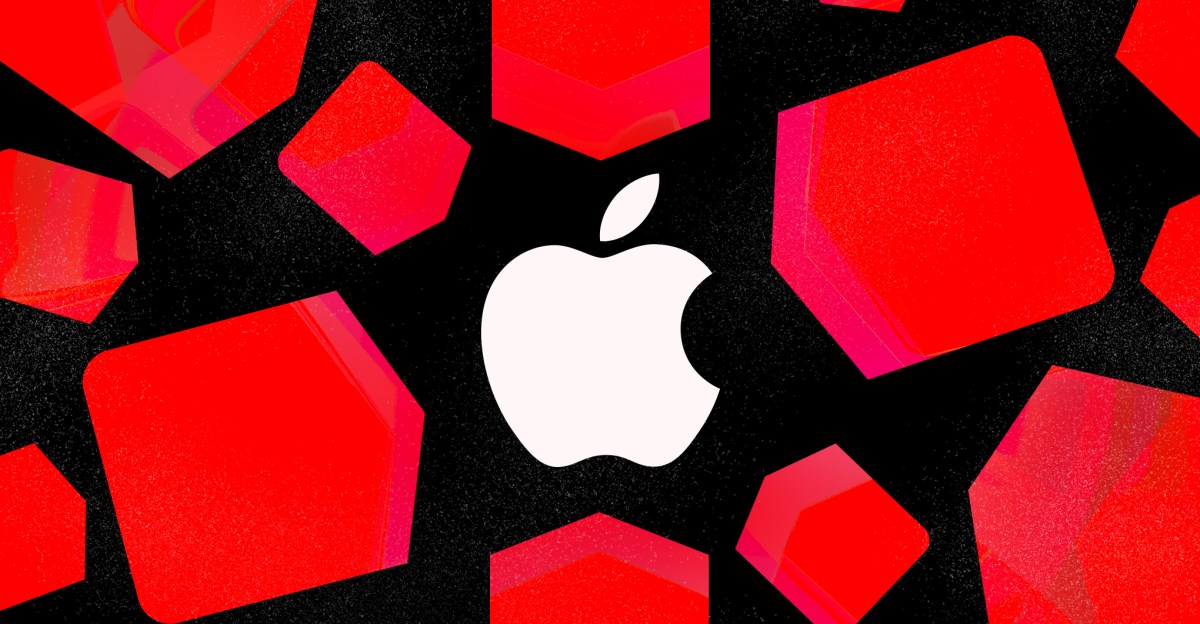Clash of Titans: Epic Games and Apple’s Battle for App Store Dominance
The ongoing legal showdown between Epic Games and Apple is more than just a dispute; it represents a pivotal moment in the future of digital marketplaces. As both giants vie for control, the outcome could reshape the landscape of app distribution and revenue sharing. This article dives deep into the complexities of this monumental clash, examining its implications for developers, consumers, and the broader tech industry.
The Genesis of the Conflict
The roots of the conflict trace back to August 2020 when Epic Games, the creator of the wildly popular game Fortnite, took a bold step by introducing a direct payment option within the app. This move was a direct challenge to Apple’s App Store policies, which require developers to use Apple’s payment system and pay a 30% commission on in-app purchases. Epic’s decision was not just a financial maneuver; it was a statement against what they perceived as monopolistic practices. This act of defiance ignited a legal battle that has captured the attention of the tech world.
Legal Proceedings and Key Developments
The legal proceedings commenced swiftly, with Epic Games filing a lawsuit against Apple shortly after the direct payment feature was launched. The case was grounded in accusations of antitrust violations, claiming that Apple’s control over the App Store stifles competition and innovation. Epic sought to establish that they should not be forced to comply with Apple’s payment system, arguing that such control limited developers’ ability to reach consumers effectively.
In September 2021, a landmark ruling was made by Judge Yvonne Gonzalez Rogers. While the court found that Apple was not a monopoly in the traditional sense, it did rule that Apple must allow developers to direct users to alternative payment methods outside of the App Store. This decision was seen as a partial victory for Epic, indicating that changes could be on the horizon for App Store policies.
Implications for Developers and the Industry
The outcome of the Epic Games vs. Apple battle extends far beyond the two companies involved. For many developers, particularly smaller studios and indie creators, the ruling could pave the way for a more equitable environment in digital distribution. Here are some potential implications:
- Lower Fees: If developers can direct users to alternative payment methods, the overall cost of doing business in the App Store could decrease significantly, allowing more developers to thrive.
- Increased Competition: By enabling alternative payment systems, new players may enter the market, fostering innovation and competition in app development.
- Consumer Benefits: Users could enjoy lower prices and more choices as developers are no longer constrained by high commission fees.
However, the ruling also raises concerns. Some industry experts warn that if too many payment options flood the market, it could lead to a confusing landscape for consumers, potentially diminishing the user experience.
The Bigger Picture: App Store Dominance
Apple’s App Store has long been viewed as the gold standard in digital marketplaces. Its stringent guidelines ensure a level of quality and security that many consumers appreciate. However, this dominance comes with a price. As the Epic Games case illustrates, the current model has faced scrutiny for its lack of flexibility and perceived unfairness in revenue sharing.
Beyond the courtroom, this battle has sparked a larger debate about the future of digital marketplaces. Companies like Google, Amazon, and Microsoft are also scrutinizing their own policies in light of this case. As the tech landscape evolves, other platforms may be compelled to reconsider their approaches to app distribution and payment structures.
The Consumer’s Role
Consumers are not just passive observers in this legal saga; they hold significant power in shaping the outcome. Public sentiment and consumer behavior can influence the strategies of both Epic Games and Apple. The rise of consumer advocacy groups has led to increased awareness regarding issues surrounding digital marketplace fairness.
As more consumers become aware of the implications of high app store fees and restrictive policies, their purchasing decisions may shift. This change could pressure Apple and other tech giants to adopt more consumer-friendly practices. In essence, the consumer’s voice could be a powerful catalyst for change in how app distribution operates.
Future Considerations and the Road Ahead
As the legal battle continues to unfold, several key considerations are on the horizon:
- Appeals and Further Litigation: Following the initial ruling, both Epic Games and Apple have indicated their intentions to appeal. This back-and-forth could prolong the legal proceedings, delaying any substantial changes to the App Store.
- Legislation on Digital Markets: Governments worldwide are taking note of this conflict. Regulatory bodies may implement new laws aimed at curbing monopolistic practices in digital marketplaces, potentially impacting Apple and other tech giants significantly.
- Innovations in Payment Systems: As developers look for alternative payment solutions, we may see new technologies emerging. Blockchain and cryptocurrency payment options could become more prevalent, disrupting traditional payment systems.
The clash between Epic Games and Apple is not merely a legal dispute; it represents a broader struggle for control over digital marketplaces. As both companies navigate this complex landscape, the implications of their battle will undoubtedly shape the future of app distribution and revenue sharing. Whether the outcome favors developers, consumers, or the tech giants themselves remains to be seen, but one thing is certain: the stakes have never been higher.
Conclusion
In the grand scheme, the battle for App Store dominance between Epic Games and Apple is emblematic of a changing digital landscape. As the case continues to evolve, it will be crucial for all stakeholders—developers, consumers, and tech companies alike—to stay informed and engaged. The outcome will not only impact the two titans involved but may also set precedents that govern the future of digital commerce.
See more Future Tech Daily

